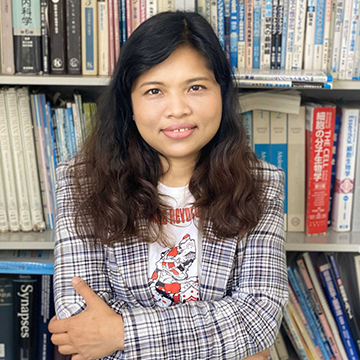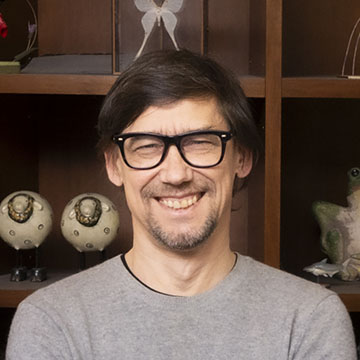Phng Group

Li-Kun Phng, PhD
Team LeaderLaboratory for Vascular Morphogenesis
RIKEN Center for Biosystems Dynamics Research (BDR)
2-2-3 Minatojima-minamimachi, Chuo-ku, Kobe
650-0047, Japan
likun.phng@riken.jp
Li-Kun Phng is a Team Leader at RIKEN Center for Biosystems Dynamics Research, Kobe, Japan, where she heads the Laboratory for Vascular Morphogenesis. She obtained her PhD in 2009 from CRUK London Research Institute/University College London for her work on Notch signaling in sprouting angiogenesis. She then worked as a post-doctoral fellow in EMBL (Heidelberg, Germany), VIB/KU Leuven (Belgium) and NCVC (Japan). During this period, she unravelled how diverse actin structures control distinct steps of vessel morphogenesis. In October 2016, she started her own research group at the RIKEN Center for Developmental Biology. Her current research is aimed at understanding endothelial cell mechanobiology and the interplay between haemodynamic forces and endothelial cell mechanoresponse at cellular and subcellular levels.



Mingzhao Hu
